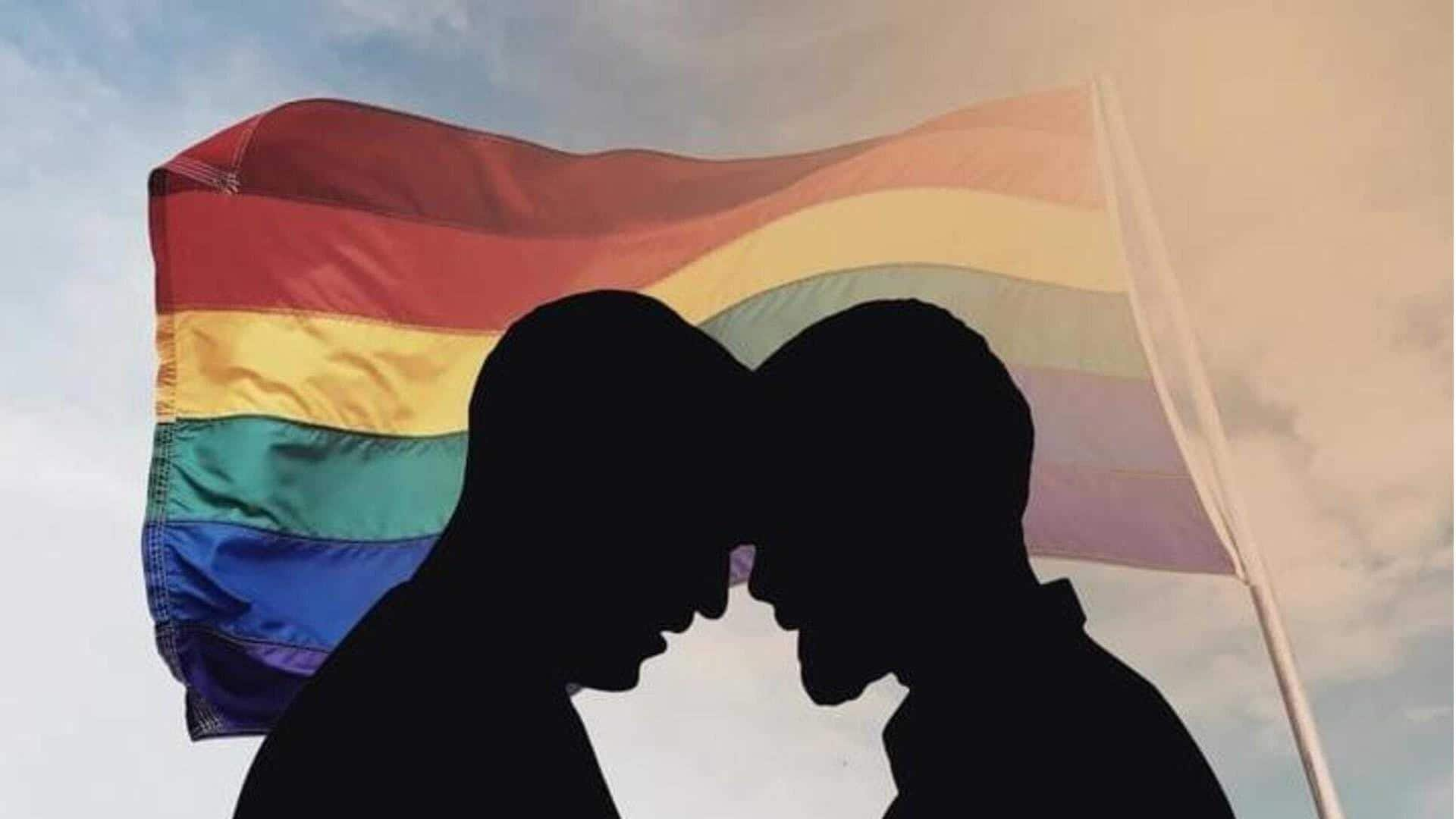
SC to hear same-sex marriage pleas, Centre's objection today
What's the story
The Supreme Court on Tuesday will hear a batch of petitions seeking legal recognition of same-sex marriages in India and the Central government's plea challenging the maintainability of the petitions. The government on Monday termed the demands for legal recognition of same-sex marriage as "urban elitist views" for social acceptance. It told the court that the issue should be left for Parliament to decide.
Context
Why does this story matter?
India reportedly has around seven crore LGBTQ+ persons and while queerphobia is rampant in the country, it also enjoys legal sponsorship. In a historic step in 2018, the SC decriminalized consensual gay sex, recognizing the liberty of homosexual adults. And now, in a subsequent push for social acceptance and dignity in a heteronormative society, the community is seeking the right to legal marriage.
Details
Five-judge constitution bench to hear pleas
The constitution bench of Chief Justice (CJI) DY Chandrachud, Justices SK Kaul, S Ravindra Bhat, PS Narasimha, and Hima Kohli will hear the pleas advocating for same-sex marriage. While referring the matter to a larger bench on March 13, a CJI-led bench observed that the submissions on the issue have an interplay between constitutional rights and special legislative enactments, including the Special Marriage Act.
Article 143
Matter referred to larger bench on basis of Article 143
The matter was referred to the constitution bench based on Article 145(3) of the Constitution which states that cases involving the interpretation of the Constitution or any reference under Article 143 must be heard by at least five judges. Article 143 deals with the President's power to consult the SC when a question of law arises which is of public importance.
Centre
Granting legal sanction to relationship legislature's function: Centre
Appearing for the government, Solicitor General Tushar Mehta argued that granting legal sanction to a relationship is essentially a function of the legislature. He said the concept of marriage differs between Hindu and Mohammedan law, as the latter believes it to be a contract. Recognition of same-sex marriages would virtually mean the judicial rewriting of the entire branch of law concerning marriage, Mehta argued.
Argument
Marriage is exclusively heterogenous institution: Centre
He said that marriage is an "exclusively heterogenous institution" and considering the recognition of same-sex marriages "seriously affects the interests of every citizen." Last month, the Centre said that same-sex marriages are not compatible with the concept of an Indian family unit. The batch of pleas advocating for same-sex marriage includes separate pleas by two gay couples and one related to a transgender couple.